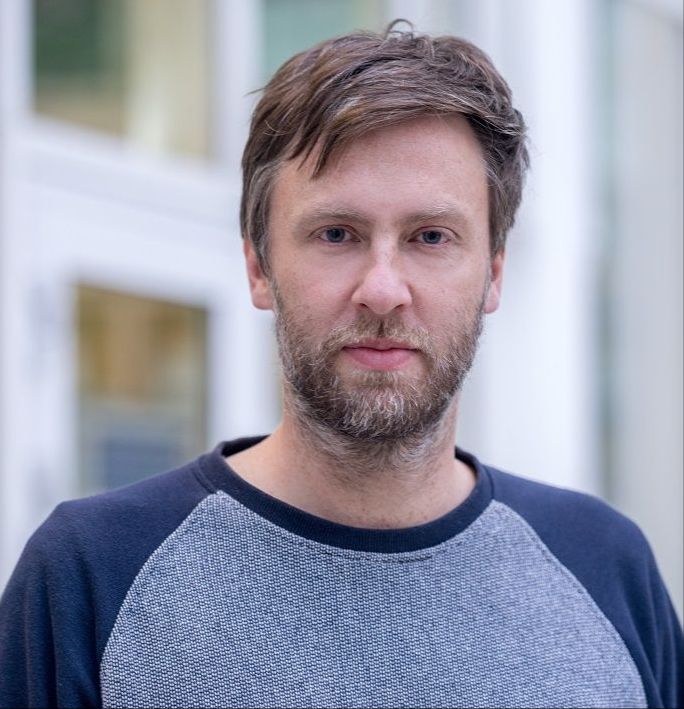Hier finden Sie detaillierte Profile der DKTK Faculty-Mitglieder mit Programmschwerpunkten und Forschungsfokus in der Forscherdatenbank. Kontakte aller DKTK Wissenschaftler:innen finden Sie im DKTK Intranet.
Forscherdatenbank

Dr. Malte von Bonin
Universitätsklinikum Carl Gustav Carus an der TU Dresden
Fetscherstraße 74
01307 Dresden
Programm
Cancer Immunotherapy (CI)
Übersicht
Preclinical evaluation of immunotherapeutic strategies
Immunoediting has been recognized as a hallmark of cancer and therapeutic strategies targeting immunoevasive mechanisms have been substantially improved outcome in some malignancies. We are interested in pre-clinical evaluation of novel immunotherapeutic approaches using in-vitro and in-vivo models. One emphasis is the combination of conventional therapeutic strategies e.g. radiotherapy with immunotherapeutic approaches to enhance therapeutic efficacy.
Future Projects and Goals
We have established in-vitro and in-vivo models to determine the efficacy of a switchable chimeric antigen receptor (CAR) system (UniCAR platform) to target solid malignancies. As proof-of-principle, high risk prostate cancer was shown to be amenable to cytotoxicity mediated by UniCAR T-cells. However, we found adaptive immunoevasive strategies which might mitigate efficacy of the UniCAR platform.
- Extension of the list of solid-tumors targetable by UniCAR T-cells
- Combination of the UniCAR platform with other targeted immunotherapies e.g. immune checkpoint inhibitors to counteract immunosubversive mechanisms of resistance and to further increase anti-tumor responses.
- Using external beam irradiation to modify adaptive immunoevasive mechanisms associated with activity of the UniCAR platform (immunosensitizing radiotherapy)